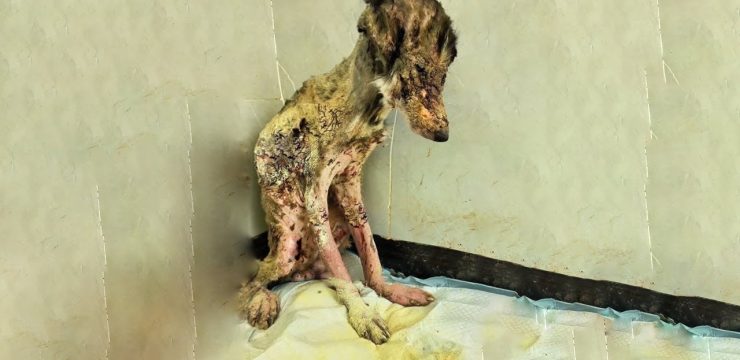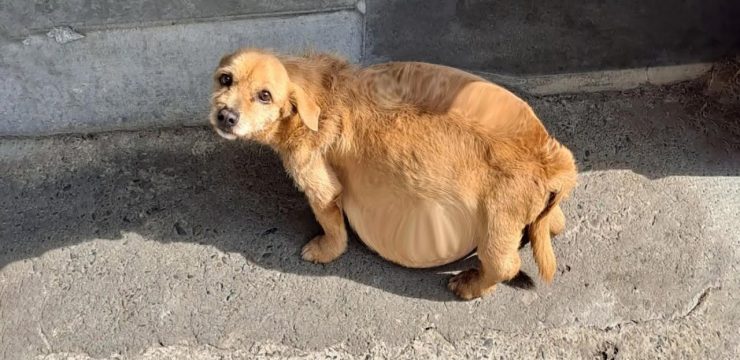Losing a loved one is a universal experience, yet the emotional impact of losing a particular person can affect us more deeply than we might anticipate.
Have you ever found yourself dreaming of someone who has passed away? You may not have considered why they appear in your dreams. People cope with loss in many ways. Some may cry uncontrollably, while others may withdraw and become quieter. Grief can be a personal and varied journey.
For some, the idea of moving on may involve a conscious effort to avoid thinking about their loss, while others might relive memories in their dreams. The subconscious plays a powerful role in our dreams, and if you’ve ever dreamt of a deceased loved one, it may hold a deeper significance.

But can our deceased loved ones communicate with us through dreams? According to Patrick McNamara, an associate professor of neurology and psychiatry at Boston University School of Medicine, there’s a specific phenomenon known as “visitation dreams” where people claim to encounter the deceased in their sleep. McNamara explains that in these dreams, the deceased often appear alive and well.
McNamara, a 67-year-old neuroscientist, regularly blogs under the pseudonym “Dream Catcher” on Psychology Today, where he explores various aspects of dream psychology. He has written extensively about dreams and their meanings, including the significance of visitation dreams. He believes that these dreams often have a logical explanation and serve a therapeutic purpose, helping individuals heal emotionally after a loss.
In one of his own experiences, McNamara describes dreaming about his deceased parents. He refers to this experience as evidence of life after death. Even though he approaches dreams with a skeptical, scientific mindset, McNamara couldn’t shake the feeling that he had communicated with his parents through his dreams. He writes, “If I, as someone who studies dreams with a scientific and skeptical mind, couldn’t deny the conviction that I had just communicated with my dead parents, imagine how much stronger this feeling would be for someone with a less skeptical view of dreams.”

McNamara is not alone in his fascination with visitation dreams. Several studies have sought to better understand this phenomenon. In 2014, the American Journal of Hospice and Palliative Care published research on mourning dreams, concluding that “dreams of the deceased occur frequently, can be highly meaningful, and aid in the healing process.”
Common themes in these dreams include seeing the deceased free of illness, recalling shared memories, and witnessing them in the afterlife looking peaceful and healthy. Some dreams even involve the deceased delivering a message to the dreamer.
A 2016 study conducted by Canadian researchers examined the dreams of 76 individuals who had recently lost someone close. The results were striking: 67.1% of participants reported that these dreams strengthened their belief in an afterlife, and 70% felt as though they had been visited by the deceased in their dreams. Furthermore, 71% of participants said that these dreams helped them maintain an emotional connection to their lost loved ones.

Jennifer E. Shorter, a psychologist at the Institute of Transpersonal Psychology in Palo Alto, California, has also studied the relationship between dreams and grief. In her research, she outlines four key characteristics of visitation dreams:
- The deceased often appear as they did in real life but look healthier or younger.
- They may communicate that they are now at peace.
- The dream feels more like a telepathic connection rather than a physical one.
- These dreams tend to be peaceful and harmonious.
Have you ever dreamt about a loved one who has passed away? What do you think it means? Feel free to share your thoughts in the comments below, and if you believe in the power of dreams, spread the word by sharing this article on Facebook!





